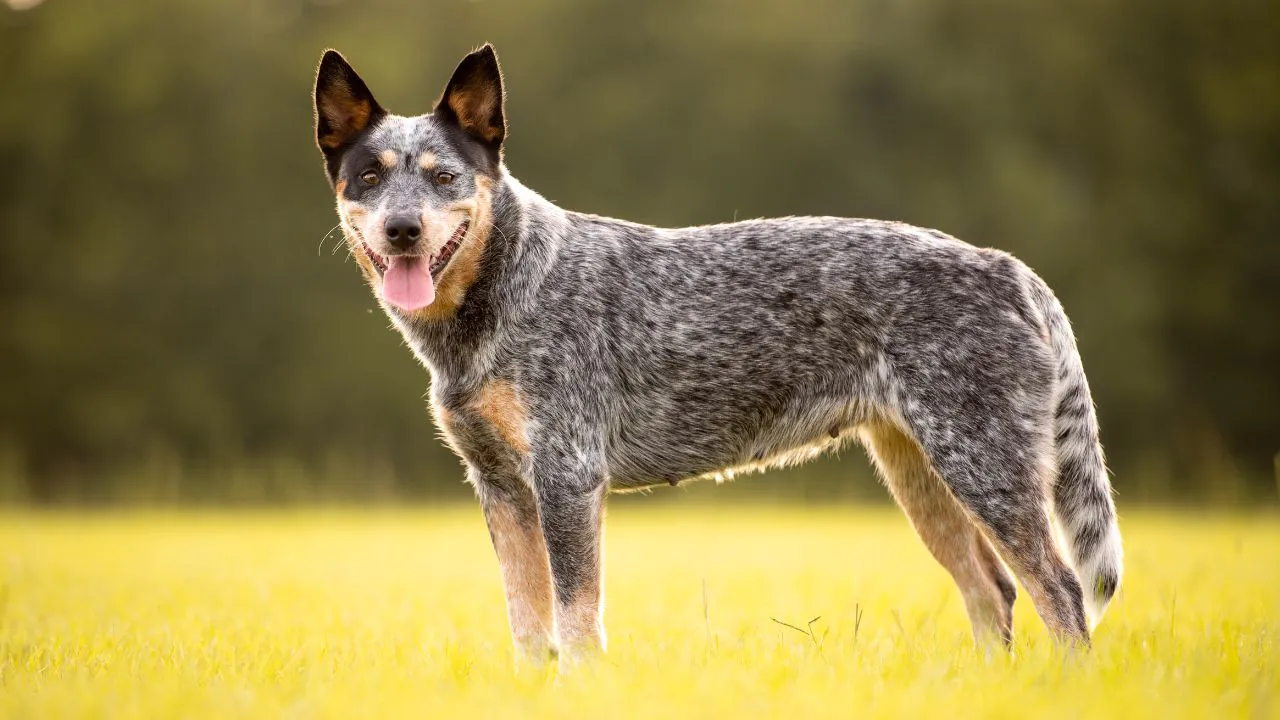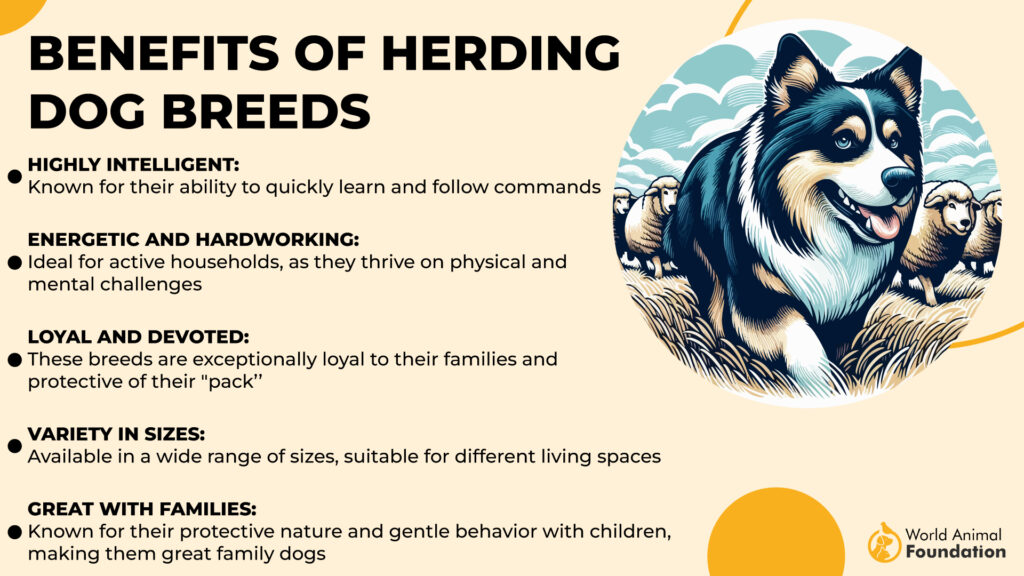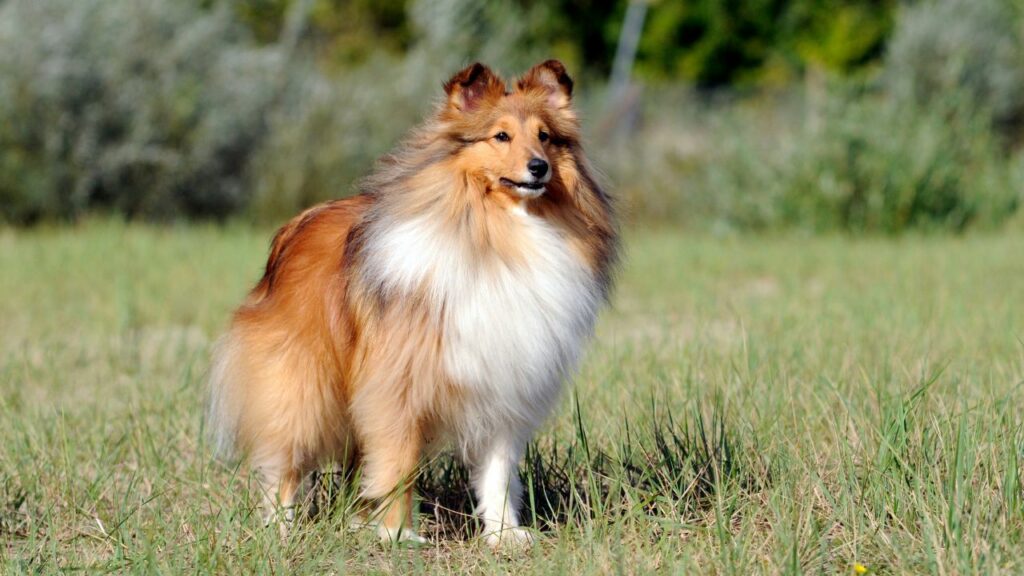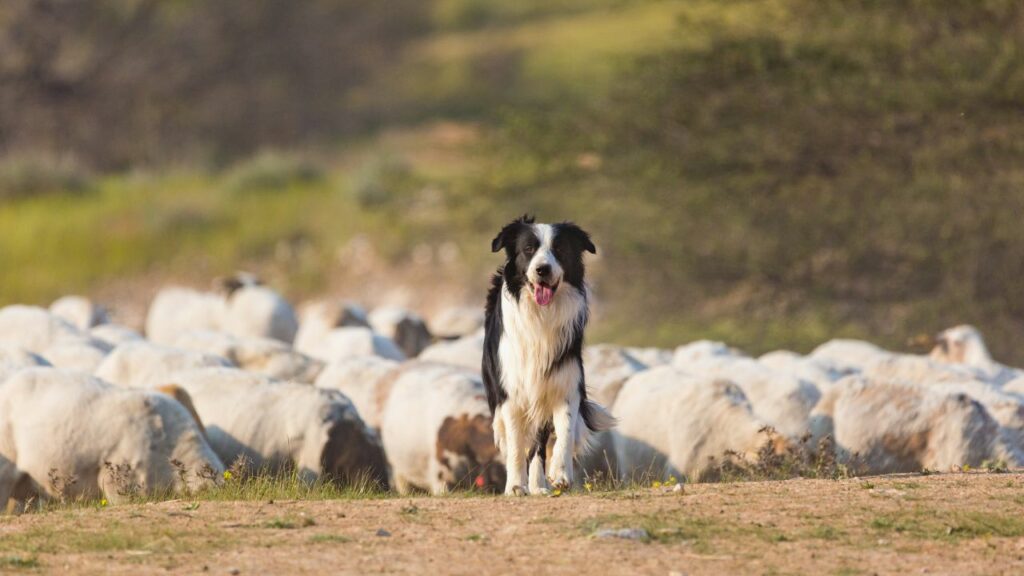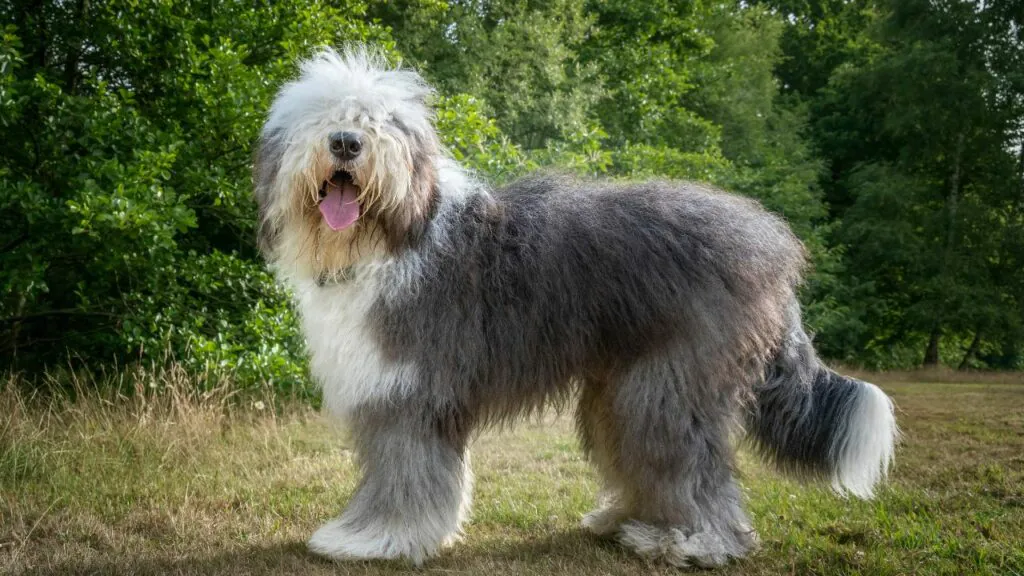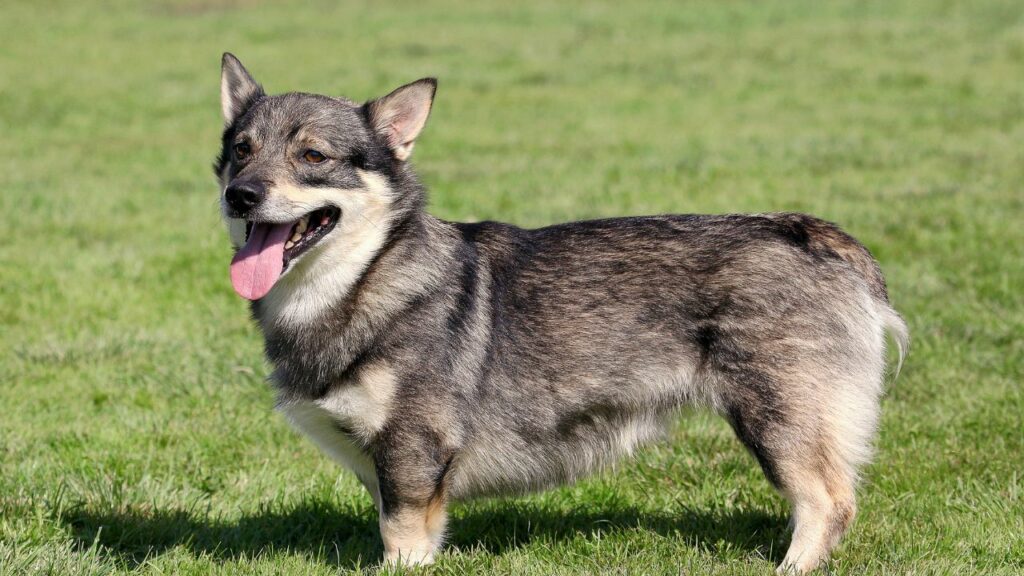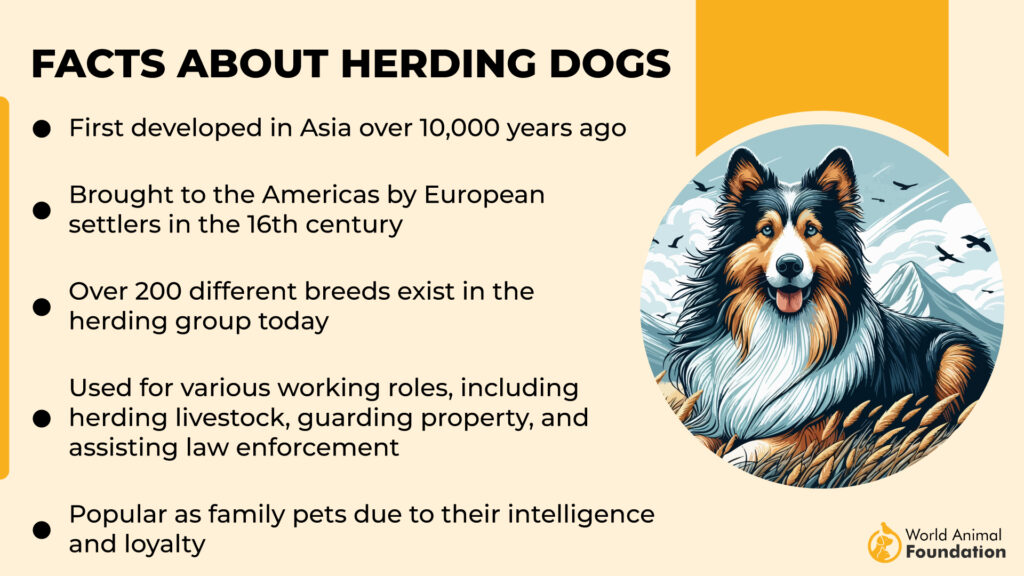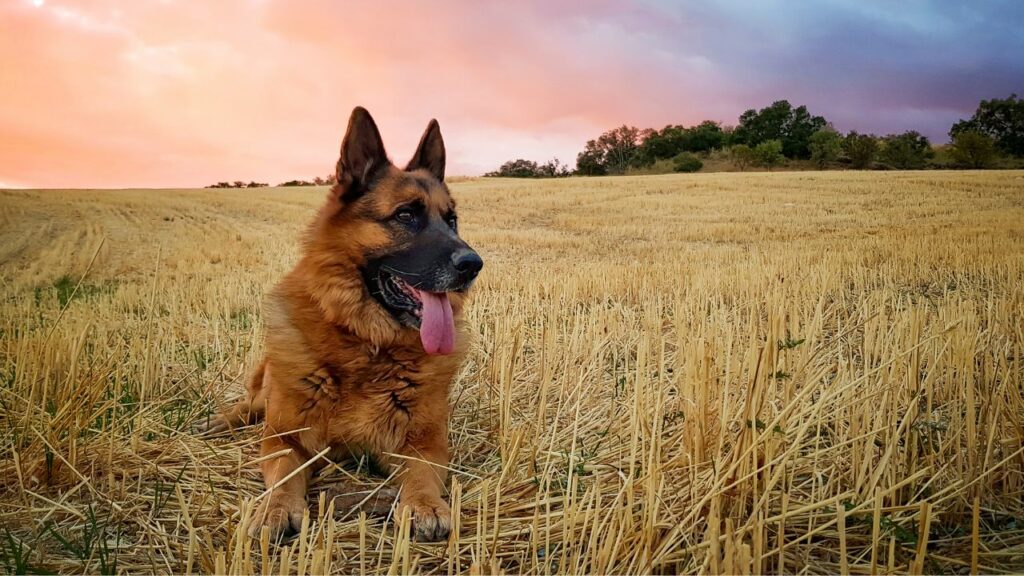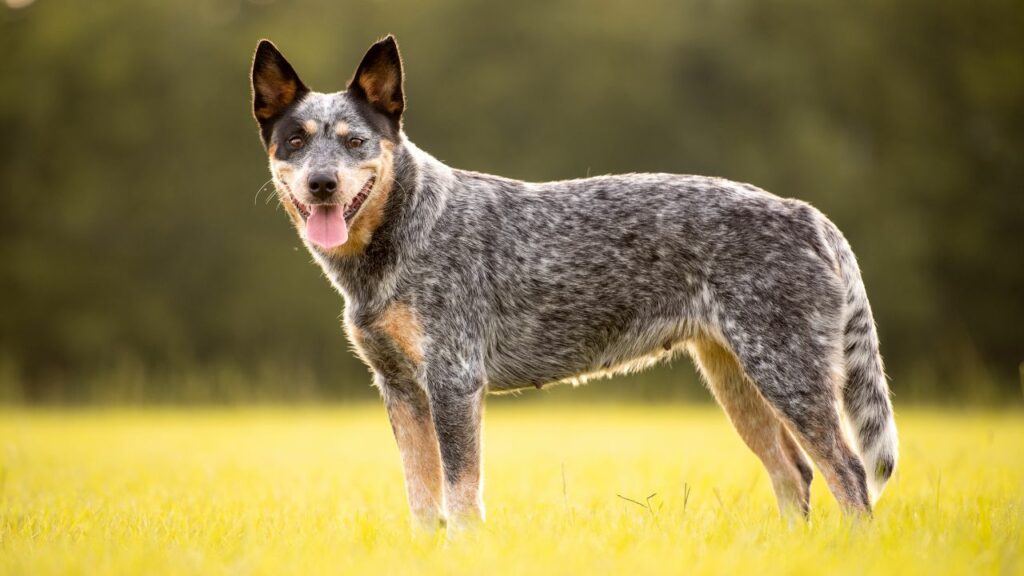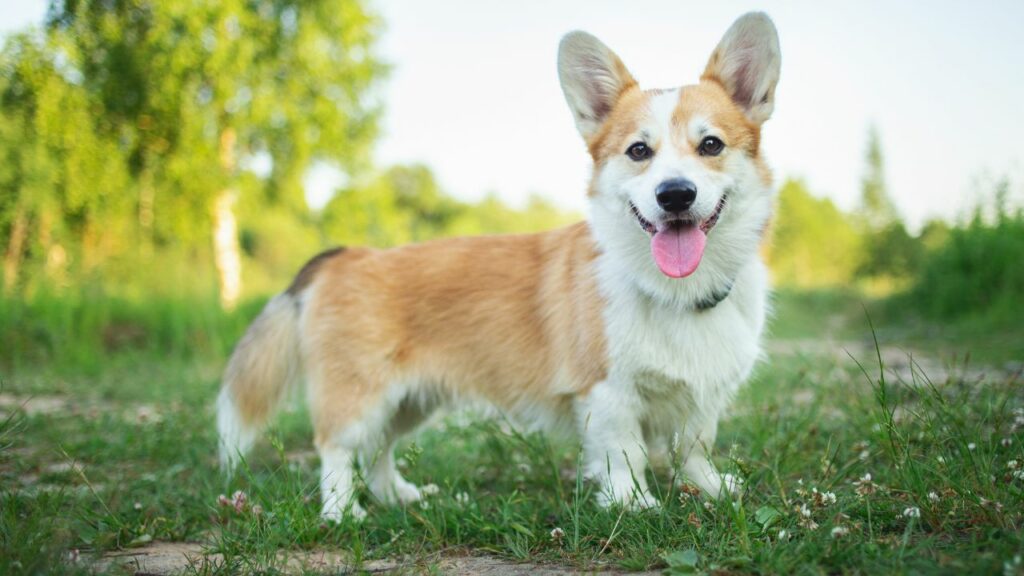For centuries, certain dog breeds have honed an instinct to herd, guiding and protecting livestock with remarkable skill. These intelligent and energetic canines possess a unique drive and work ethic, making them exceptional partners on farms and ranches, or even active family companions. This article explores seven of the best herding dog breeds, highlighting their distinct characteristics, temperaments, and what makes them excel at managing everything from sheep to energetic toddlers. Discover the perfect herding breed to fit your lifestyle and perhaps awaken your inner shepherd.
Herding dogs are remarkable companions, known not just for their incredible ability to manage livestock, but also for their loyalty and intelligence. With roots deeply embedded in the domestication of sheep and other animals, these breeds have evolved to become agile, quick, and versatile, thriving in various terrains. Their strong, muscular build and proud demeanor make them both striking and capable.
What truly sets herding dogs apart is their keen sensitivity; they can pick up on the slightest hand signals and whistle commands, making them exceptional partners in the field. But beyond their work ethic, many herding breeds also make loving family pets and excel in obedience competitions, bringing joy and energy to any home.
Ready to explore the best herding dog breeds? Let’s find the perfect partner for your outdoor adventures and daily life!
Herding Dog Breeds
1. Shetland Sheepdog
The Shetland Sheepdog, or Sheltie, is a charming small dog originally bred to herd sheep and other livestock on the rugged Shetland Islands of Scotland. Known for their agility and intelligence, Shelties are alert and attentive, making them excellent companions and workers.
These dogs are energetic and thrive on daily exercise. Without enough activity, they might get bored, leading to unwanted behaviors like barking or chewing. Shelties love to play and need both physical and mental challenges to stay happy.
Affectionate and eager to please, they are also easy to train and excel in various roles, including service and therapy work. According to Britannica, Shelties are friendly with both people and other pets, making them great family dogs. However, they can be quite vocal, and their sharp bark makes them effective watchdogs.
2. Border Collie
The Border Collie is known for being one of the smartest dog breeds, especially skilled in herding. It’s quick to learn new tasks and thrives on staying active. This breed is independent, alert, and always ready to respond.
However, its high intelligence and energy can be overwhelming for families who can’t provide enough mental and physical activities. Without enough stimulation, WebMD points out that a Border Collie might become anxious or destructive.
This breed is playful and social, making it a good companion for most people, but its energy level may be too much for small children or older adults. Border Collies often bark when excited and are great at alerting their owners, though they aren’t very protective. They also need a secure yard and prefer cooler climates to stay comfortable.
3. Old English Sheepdog
The Old English Sheepdog is a sturdy, shaggy dog that was originally bred in 18th-century England to herd sheep, which is how it got its name. Herding is in its nature, and these dogs may try to herd anything that moves, whether it’s animals, people, or even vehicles.
According to PDSA, they are active, loyal, and loving pets, but they require a lot of exercise and attention, making them a good fit for homes with large, secure gardens.
Their thick double coat was developed to help them work in various weather conditions, keeping them warm and dry in cold, wet winters and comfortable in warmer seasons. Grooming is a big part of owning an Old English Sheepdog, and their coat needs about three to four hours of care each week to keep it in good shape. While it’s a bit of a commitment, a well-groomed Old English Sheepdog looks stunning.
4. Swedish Vallhund
The Swedish Vallhund, often called the “Viking Dog,” is a small, energetic herding breed with a thick coat and a cheerful personality. These dogs are smart, sociable, and have a strong work ethic, thanks to their history as cattle dogs. Their long, low bodies help them herd cattle by nipping at their heels while avoiding getting kicked.
AKC notes that the Vallhund’s sturdy, no-frills appearance has remained largely unchanged since their days on Viking ships over a thousand years ago. They’re happy in modern homes as long as they get regular exercise.
While some Vallhunds are more energetic than others, most do well with a daily walk and some playtime or activities like fetch. They’re lively and adaptable, making them great companions for families who can keep them engaged and active.
5. German Shepherd
The German Shepherd is a well-known working dog that originated in Germany, bred from herding and farm dogs. They are highly intelligent, alert, and loyal, which makes them excellent guide dogs, watchdogs, and valuable partners in police and military work. German Shepherds are playful, energetic, and deeply devoted to their families, often serving as protective companions.
Even though they are naturally intelligent, they still need proper training to ensure their protective instincts are well-directed. They enjoy learning and are quick to pick up commands but may challenge their owners if not managed with consistency.
As large, athletic dogs, they need regular physical activity and mental stimulation, thriving in activities like agility, tracking, or protection work, which keep both their body and mind engaged.
6. Australian Cattle Dog
The Australian Cattle Dog descended from the dingo and bred to herd livestock, is known for its sharp intelligence and high-energy personality. These dogs are strong, muscular, and built for endurance. They form close bonds with their owners but can be cautious around strangers. When feeling threatened, they may become protective, though they are usually friendly and eager to please.
This breed isn’t suited for a sedentary lifestyle and needs an active role to stay happy. Their herding instincts can lead them to try to herd small children or even adults, so they require supervision. Australian Cattle Dogs thrive on lots of exercise, such as running, jogging, or playing frisbee, and they do best in homes with plenty of space.
PetMD states that they are not a good fit for apartment living due to their energy and need for outdoor activity. Their devotion to their owners is strong, and they often become attached to one person, showing discomfort when separated from them.
7. Pembroke Welsh Corgi
Despite their small size, Pembroke Welsh Corgis have been expert herders for many years. Originally bred by the Welsh to herd livestock, they were also valued as family companions and farm protectors. Even today, Corgis are still skilled herders. They are smart, alert, and affectionate, making them great family pets.
Known for their intelligence and eagerness to work, Pembroke Welsh Corgis often excel in activities like agility, obedience, and herding competitions.
According to AKC, they are also great watchdogs, always on the lookout and ready to alert their owners with a bark if something seems off. Their loving nature, combined with their playful spirit, makes them one of the best small dogs for households.
Conclusion
The best herding dog breeds, such as the Australian Shepherd and English Sheepdogs, stand out for their exceptional intelligence, dedication, and natural instincts. These intelligent dogs have long been valued for their ability to herd cattle, protect livestock, and serve as reliable guard dogs.
Recognized by the American Kennel Club for their versatility, these breeds demonstrate their capabilities in both farm work and real life as loyal family pets. With early training, they not only excel in their duties but also develop into well-rounded, good-natured companions.
When properly socialized, these herding breeds can get along with other dogs, making them ideal for homes looking for a devoted and hardworking dog.
Herding dogs, with their intelligence, energy, and instinctual drive, offer unique companionship. From the familiar Border Collie and German Shepherd to the less common Australian Cattle Dog and Pembroke Welsh Corgi, each breed possesses distinct traits suited to specific tasks and environments. While their herding instincts can be channeled into dog sports and activities, potential owners must be prepared to provide ample exercise, mental stimulation, and consistent training. Understanding these breeds’ needs is crucial for a harmonious and fulfilling partnership.

